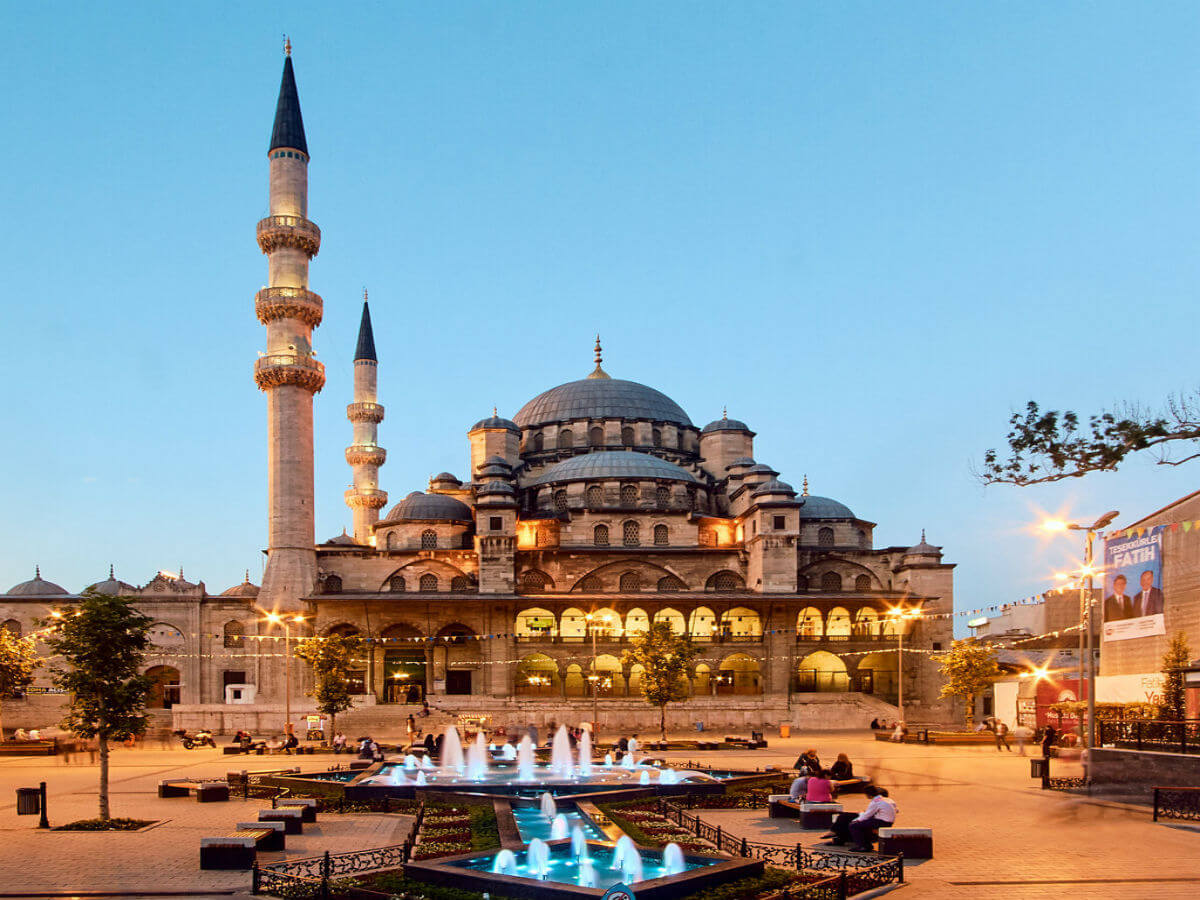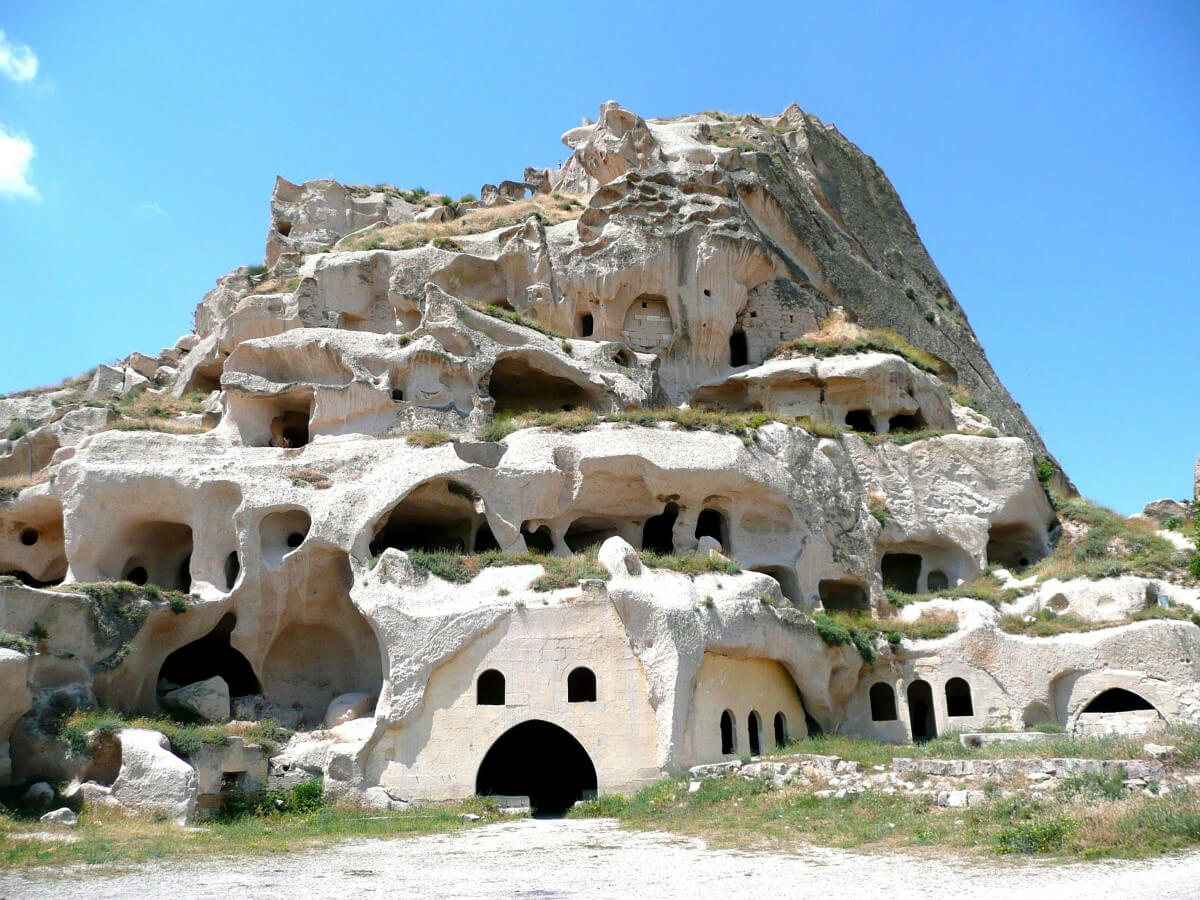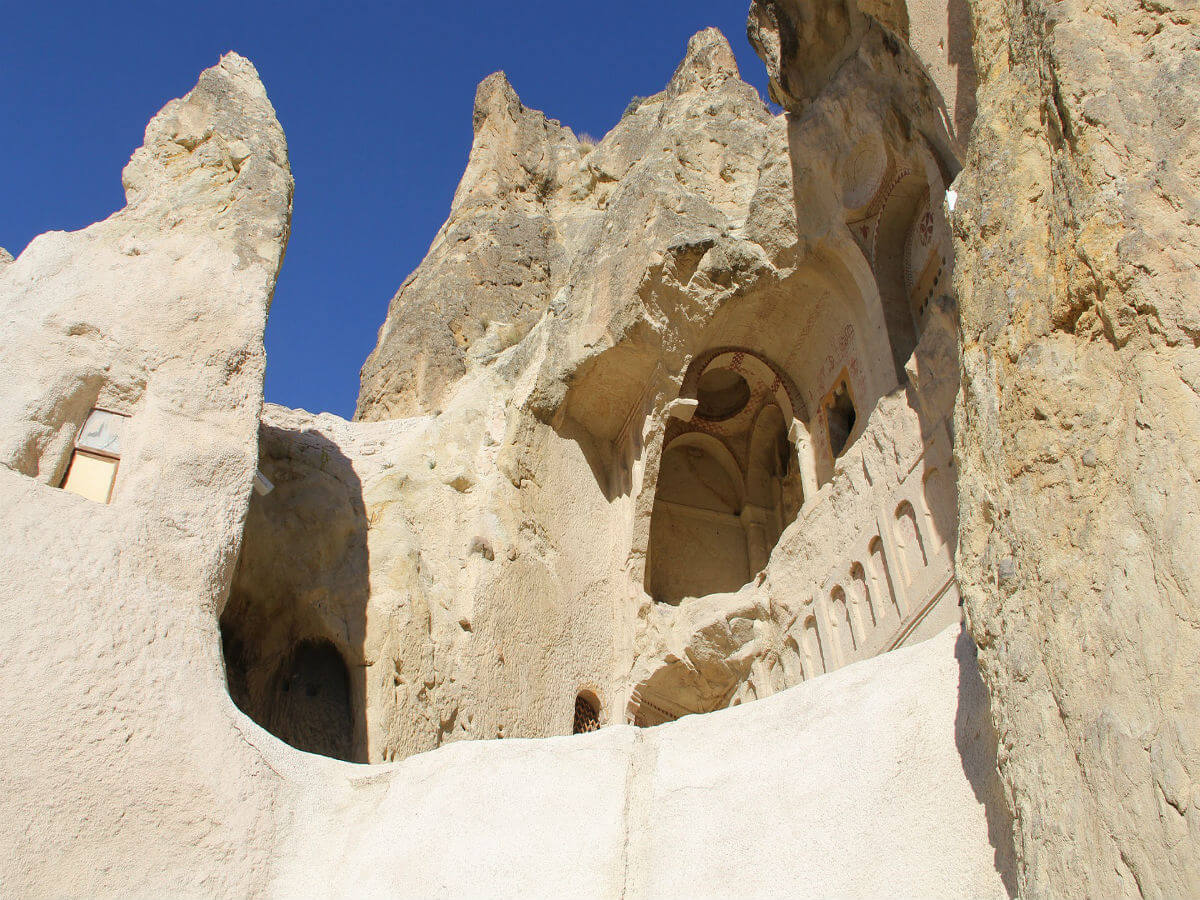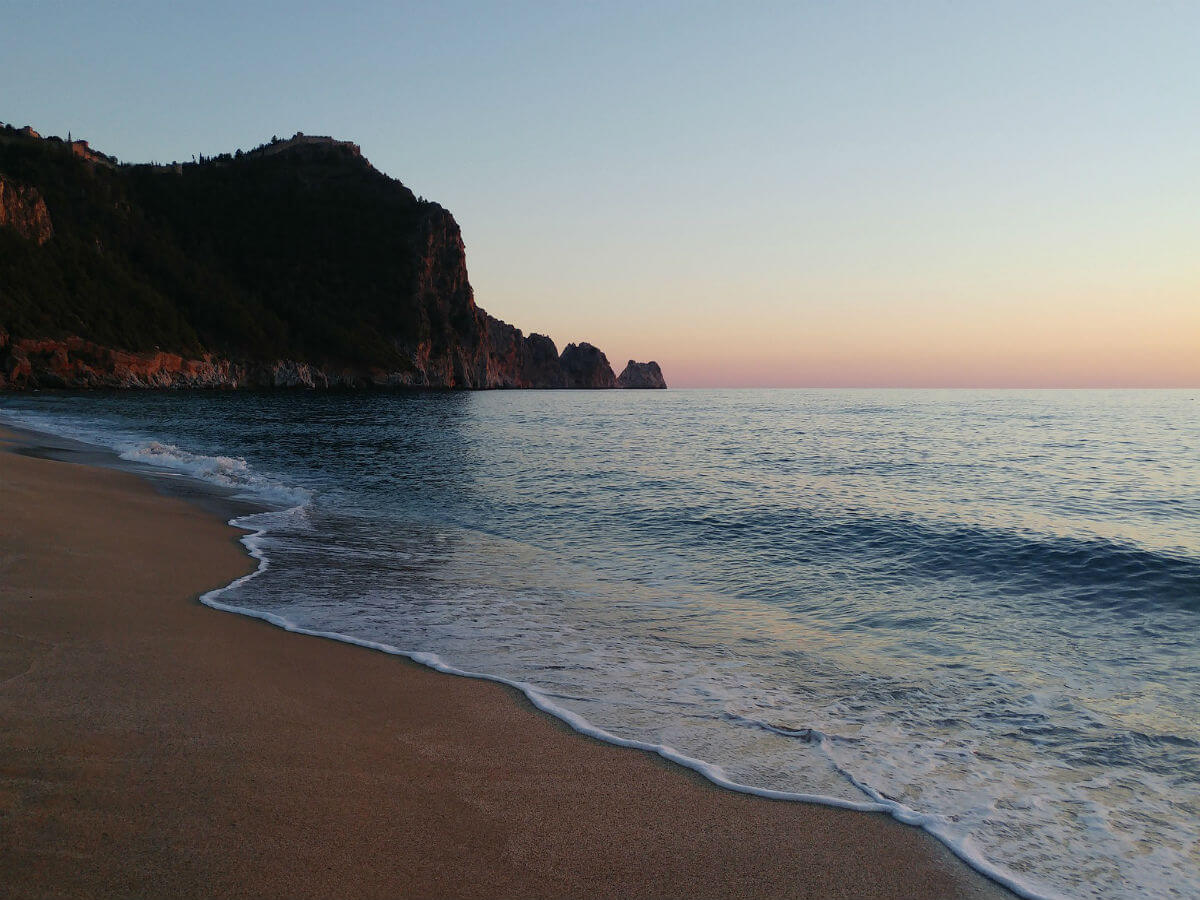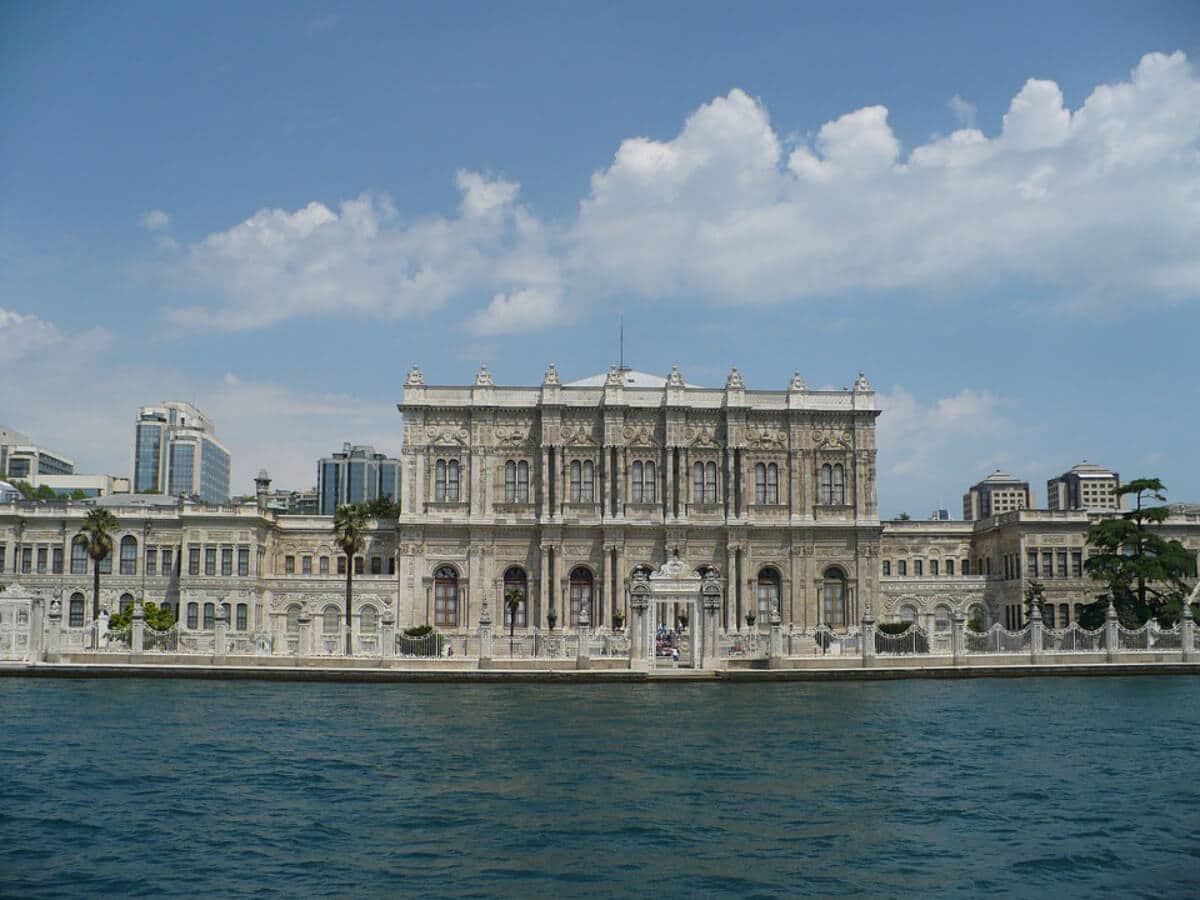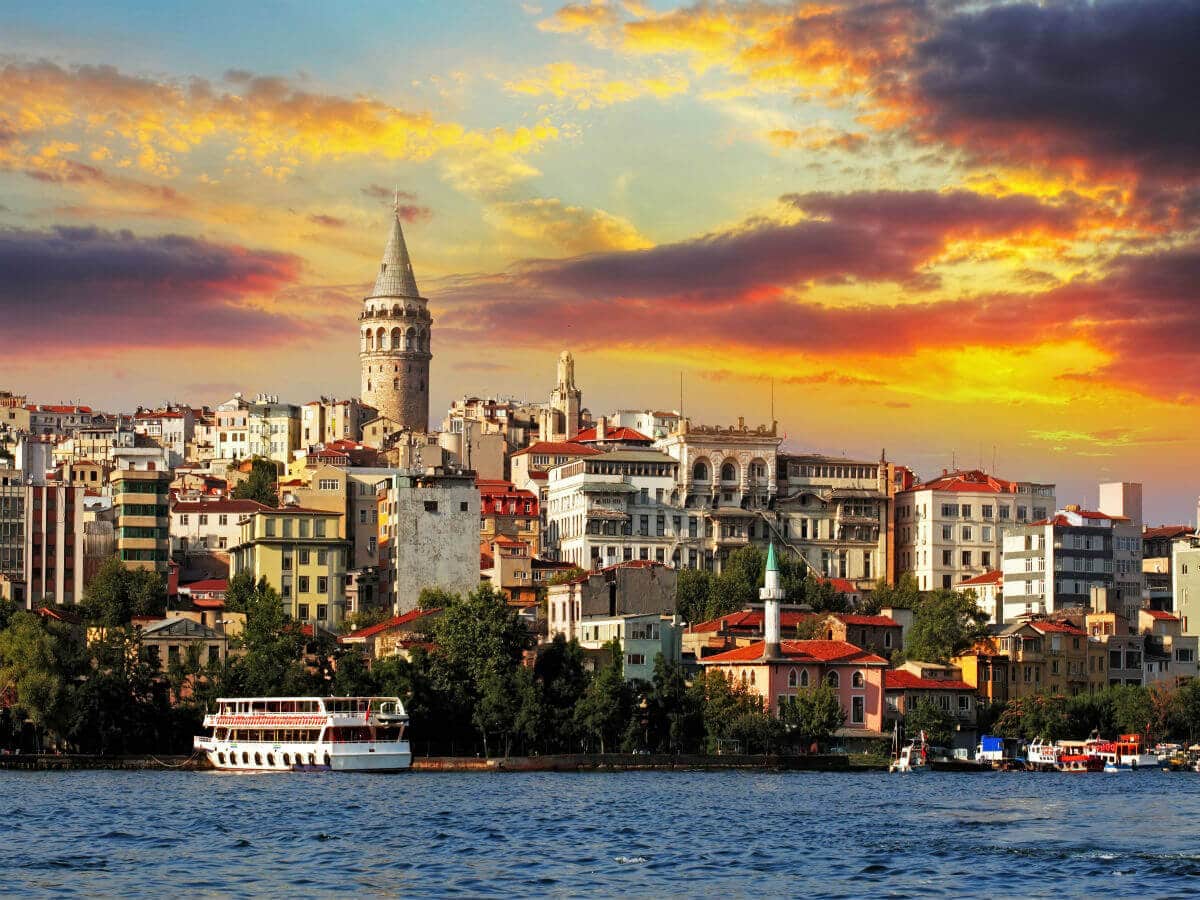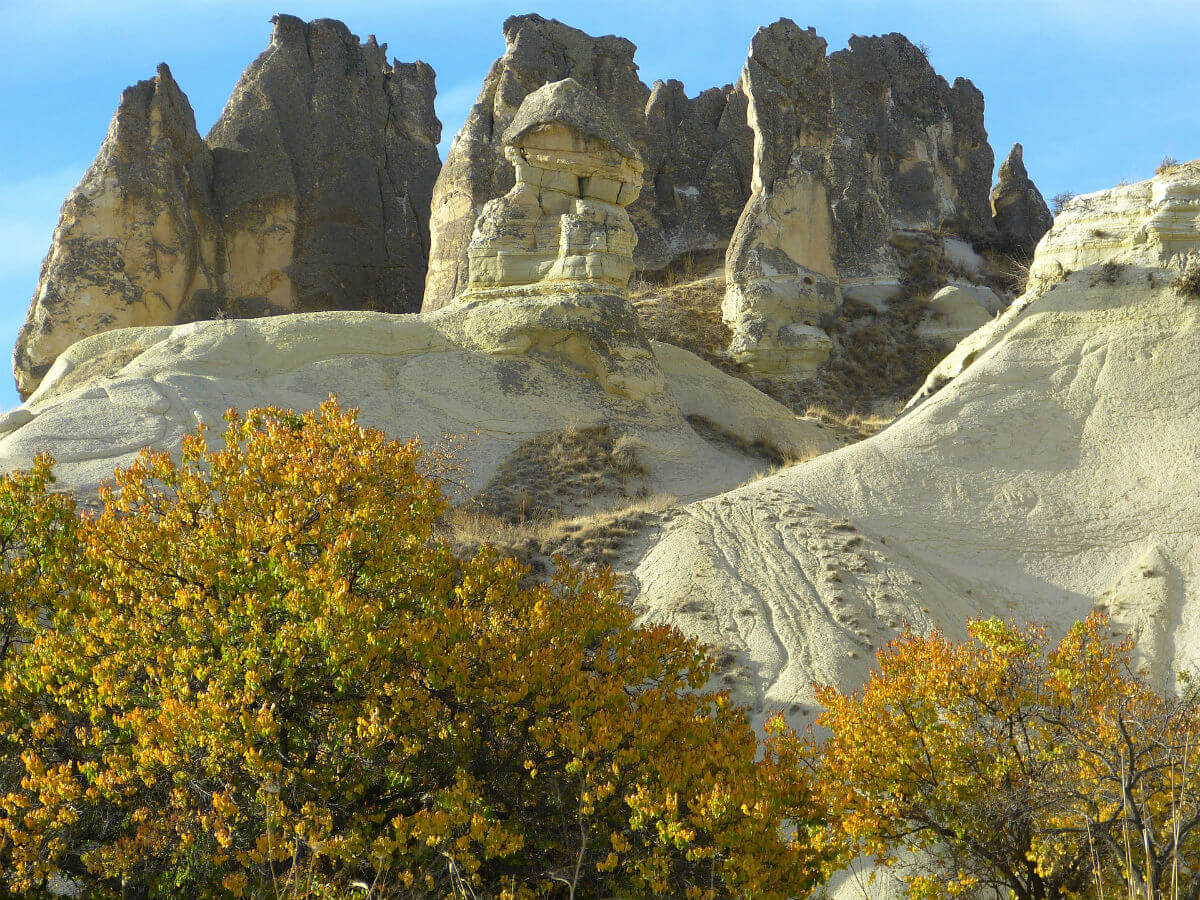Tour Packages
Turkey Tour Packages
SUPER DEAL PRICE
STARTS FROM
per person on twin sharing
ATMs are common in cities but fewer in rural areas.
Credit cards are widely accepted, but carry some cash.
Finding a bank is easy in urban areas.
The legal drinking age in Turkey is 18.
Turkish residents are renowned for their hospitality.
Turkey - Visitors Statistics

Annually
4,90,00,000
Male51%
Female49%
By Purpose
Couples
For Newlywed Vacations
Family
For Family Vacations
Top Visitors from India
Delhi
Mumbai
Bengaluru
Chennai
Hyderabad
Kolkata
Pune
Ahmedabad
Jaipur
Lucknow
Everything You Need to Know About Turkey
Very few destinations offer tourists the best of both worlds, a perfect mixture of modernity and traditions. Turkey is a place where tourists can experience its intriguing history, scrumptious cuisine, and stunning landscapes. If you have always wanted to explore Turkey in all its glory, check out affordable Turkey tour packages from GT Holidays.
View All Turkey Tour Packages
FAQs:
Book Your Dream Vacay Today!












